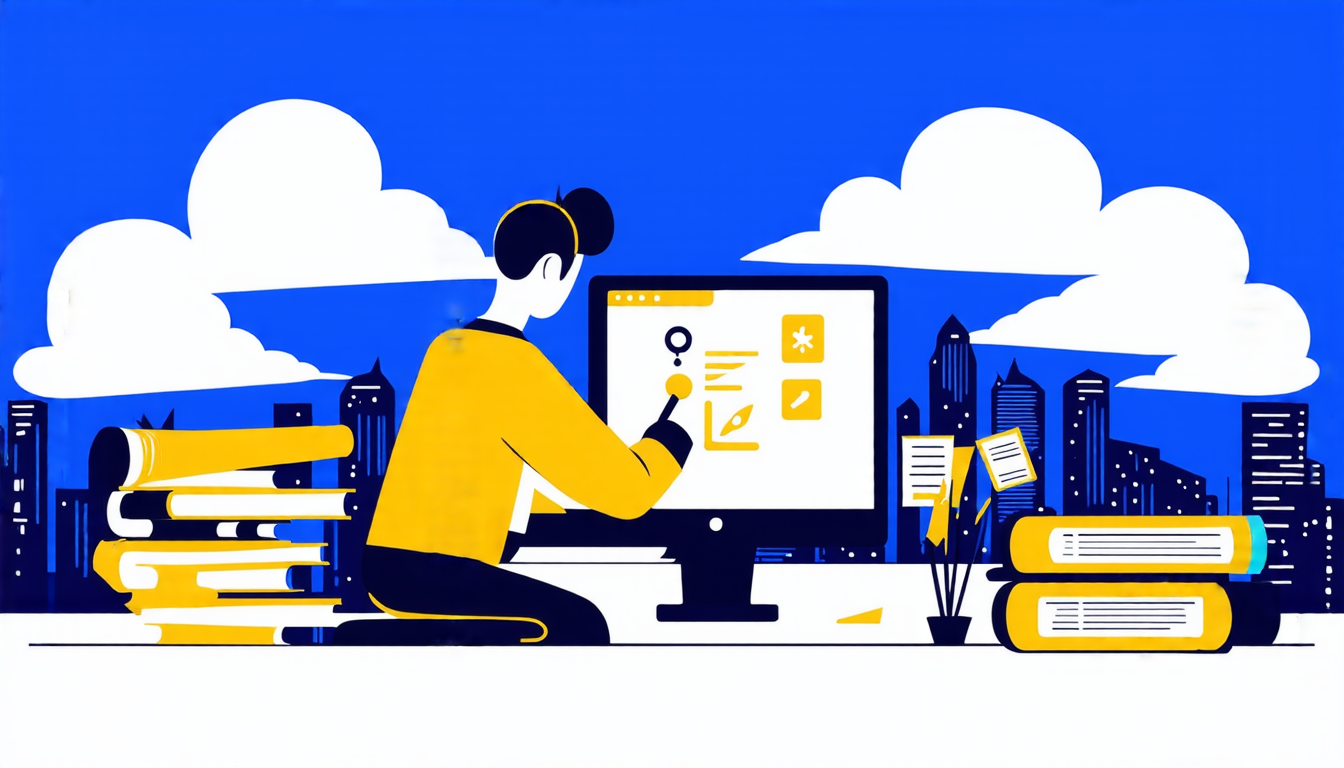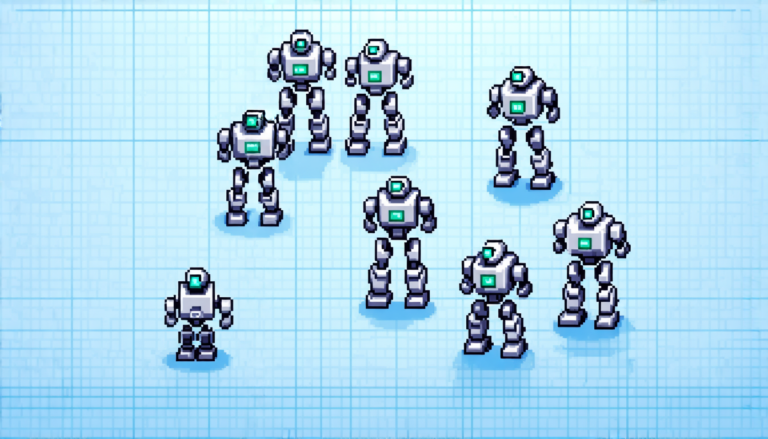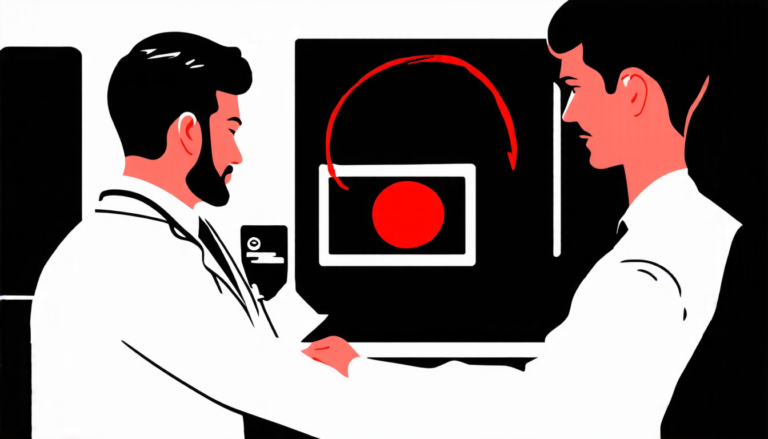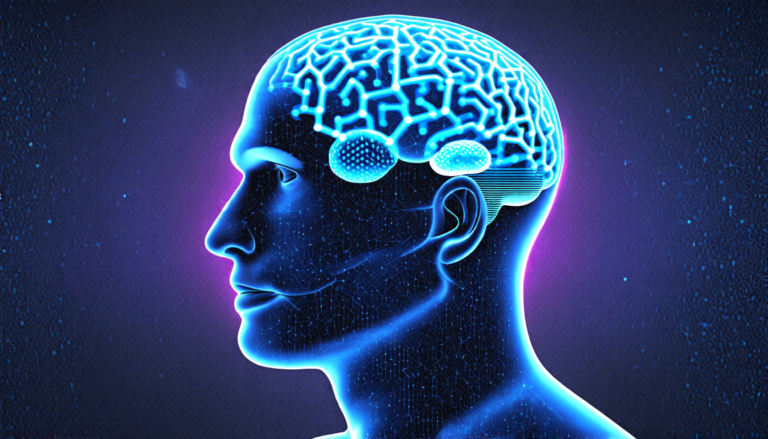Wednesday 16 April 2025
For over a decade, researchers have been studying the field of human computation and crowdsourcing. This field explores how humans can work together with artificial intelligence (AI) to tackle complex problems that machines alone cannot solve. A recent paper takes a closer look at this field, analyzing the evolution of research topics and identifying significant shifts in focus over time.
The study begins by reviewing the history of crowdsourcing and human computation, highlighting key milestones and challenges faced along the way. From Luis von Ahn’s early work on CAPTCHA to the rise of Amazon Mechanical Turk, the authors provide a comprehensive overview of how humans have collaborated with AI to complete tasks that were previously thought impossible.
As the field has evolved, researchers have shifted their focus from simply outsourcing tasks to humans to exploring more nuanced interactions between humans and machines. This change is reflected in the topics studied at the annual Conference on Human Computation and Crowdsourcing (HCOMP). From 2013 to 2024, the conference has seen a significant increase in papers focused on explainable AI, conversational systems, and human-AI decision-making.
The study’s authors suggest that these shifts do not constitute a paradigm shift, but rather a gradual evolution of research priorities. This change is driven by advances in AI capabilities, as well as concerns about the reliability and quality of human input in crowdsourcing tasks.
One notable finding is the increasing use of language models to complete crowdsourcing tasks. These models can process and generate text with remarkable accuracy, raising questions about their potential impact on traditional crowdwork platforms like Mechanical Turk.
The study also highlights the challenges faced by researchers in ensuring data quality and combating the spread of misinformation through human computation systems. As AI becomes increasingly sophisticated, it is essential that we develop new methods for verifying the accuracy of human input and detecting biases in crowdsourced data.
Despite these challenges, the paper concludes that human computation remains a vital field, with significant potential to improve our understanding of complex problems and drive innovation in areas such as healthcare, finance, and environmental science. As AI continues to evolve, it is crucial that we continue to explore new ways for humans and machines to collaborate, ensuring that the benefits of crowdsourcing are shared by all.
The study’s findings have important implications for anyone working in human computation or interested in the intersection of humans and machines. By understanding the evolution of research priorities and challenges in this field, we can better navigate the complexities of AI-driven collaboration and unlock new opportunities for innovation and discovery.
Cite this article: “Human Computation at Scale: A Review of 12 Years of Research and Trends”, The Science Archive, 2025.
Human Computation, Crowdsourcing, Artificial Intelligence, Ai, Machine Learning, Collaboration, Language Models, Data Quality, Misinformation, Innovation, Discovery.







